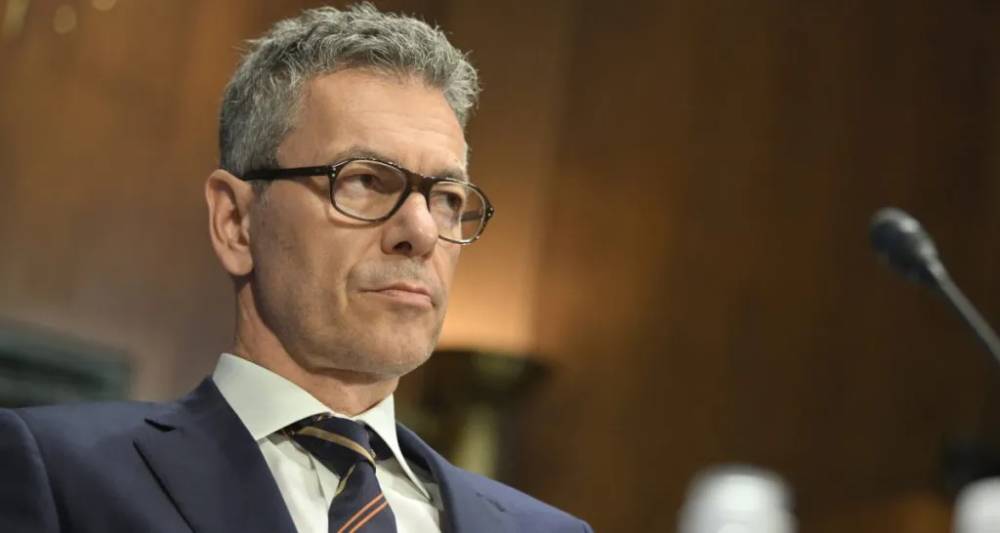LOS ANGELES/NEW YORK (CelebrityAccess) – Warner Music Group (WMG) is taking a firm stance on the use of artificial intelligence in the music industry. Following Sony Music, WMG has issued a letter to tech companies highlighting the need for regulation and proper licensing when using its music catalog in artificial intelligence technology. The move highlights growing concerns among major record labels about the unregulated use of artificial intelligence in creating and distributing music.
WMG calls for artificial intelligence regulation
In the letter, WMG highlighted the potential benefits of artificial intelligence for artists and songwriters, acknowledging that “machine learning and artificial intelligence have creative potential for both artists and songwriters.” However, the company stresses that this potential must be harnessed in a way that respects the rights of those involved in the music creation and distribution process.
WMG notes that permission is required to use its creative works for artificial intelligence purposes. This includes using any music owned or controlled by WMG as input for training artificial intelligence, creating datasets or developing machine learning techniques. “We will take all necessary steps to prevent infringement or other infringement of the creative works and rights of our artists and songwriters,” the letter states.
This proactive measure aims to protect the interests of diverse artists, including industry giants such as Charli XCX, Bruno Mars and Coldplay. WMG’s affiliated labels, such as Atlantic, Parlophone and Sire, are also part of the initiative, ensuring full coverage of its extensive music portfolio.
Sony Music’s early stance
Earlier this year, Sony Music expressed similar concerns in a letter to more than 700 companies. Sony questioned whether the companies were using their music without proper authorization. Sony’s statement cited the recently passed Artificial Intelligence Act in May, marking one of the industry’s first major calls for regulation of artificial intelligence. Sony and Warner belong to the “Big Three” record companies, which also includes Universal Music Group. Their roster includes top artists such as Beyoncé, Adele, David Bowie and Bruce Springsteen.
Growing interest in artificial intelligence in music
The use of artificial intelligence in music has sparked intense debate and concern among artists and industry professionals. Musicians including Hozier, Damon Albarn and Queen’s Brian May have publicly expressed their concerns about how artificial intelligence might affect their creative processes and intellectual property rights.
AI technology can produce music that mimics the style of existing artists, raising questions about originality, rights and compensation. Artificial intelligence can be used in ways that could infringe on artists’ rights, leading to calls for more transparent regulation and protections.
Impact on the entire industry
As WMG and Sony take a stand, the music industry is paying close attention to how these regulations will evolve. The involvement of these leading labels could signal a broader shift toward tighter controls on the use of artificial intelligence in music production and distribution.
The push for regulation is not only to protect existing works, but also to ensure that the future of music respects the contributions of artists and songwriters. As AI technology rapidly advances, the need for clear guidelines and licensing agreements becomes increasingly urgent.
As the conversation around artificial intelligence and its role in the music industry continues to evolve, WMG and Sony’s actions may encourage other companies to follow suit and set new standards for the ethical use of artificial intelligence in the arts.

